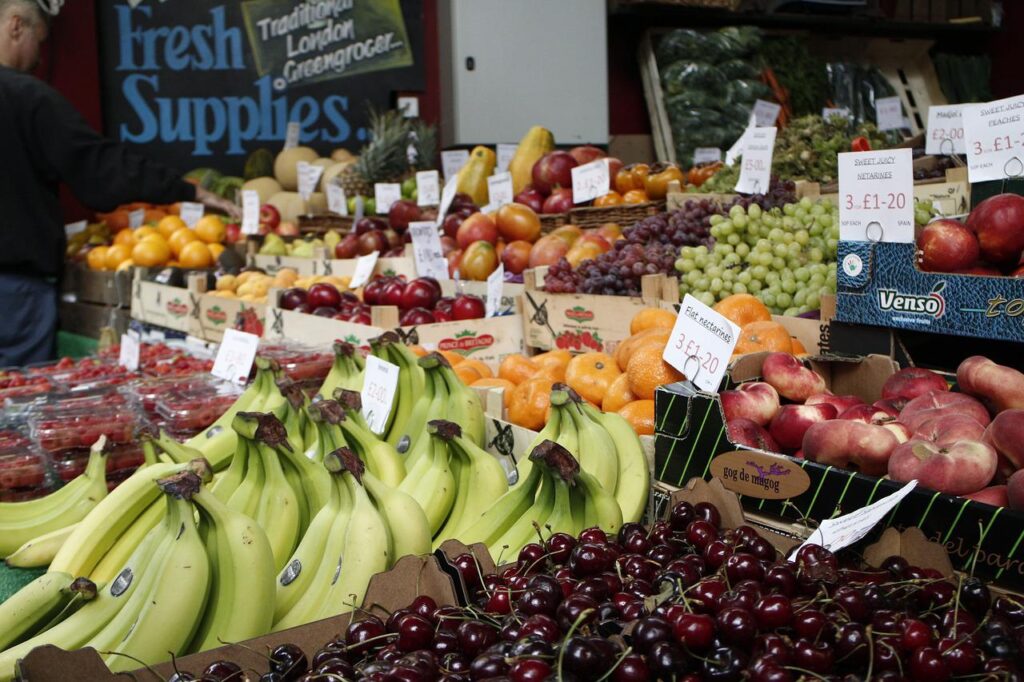In April, the annual rate of inflation in the United Kingdom reached a four-decade high of 9 percent, as increasing energy prices passed through to households’ utility bills, aggravating a cost-of-living problem that is pinching consumers’ actual incomes.
The consumer price index, which measures what consumers pay for certain goods and services, increased at the fastest rate since 1982, a significant increase from the 7 percent inflation rate recorded in March, according to data released Wednesday by the United Kingdom’s Office of National Statistics.
The Wall Street Journal’s survey of economists anticipated an inflation rate of 9.1%.
The majority of the increase in inflation was caused by the modification of the energy price cap, which limits the rates that suppliers can charge for their default tariffs and is reviewed twice a year. In April, the British energy regulator imposed a 54 percent price cap increase in response to the global gas price increase.
In April, consumer prices increased 2.5% month-over-month, according to the ONS.
The core price index, which excludes volatile items such as energy and food, rose 6.2% annually in April, quickening from March’s annual increase of 5.7%.
Due to high commodity and food prices, economists anticipate that the U.K.’s inflation rate will remain elevated for the duration of the year. However, they anticipate a substantial decline in inflation in 2023.

